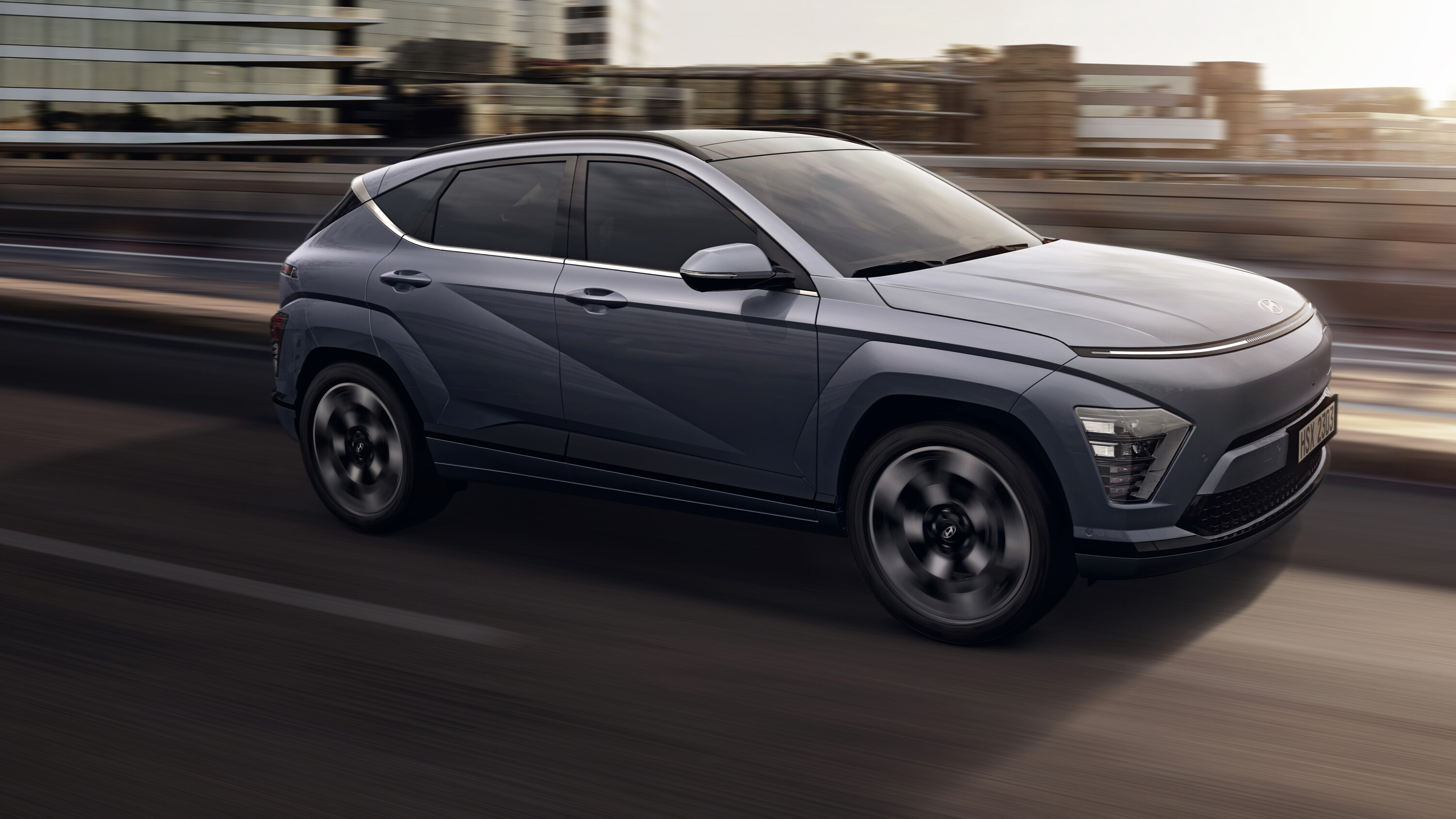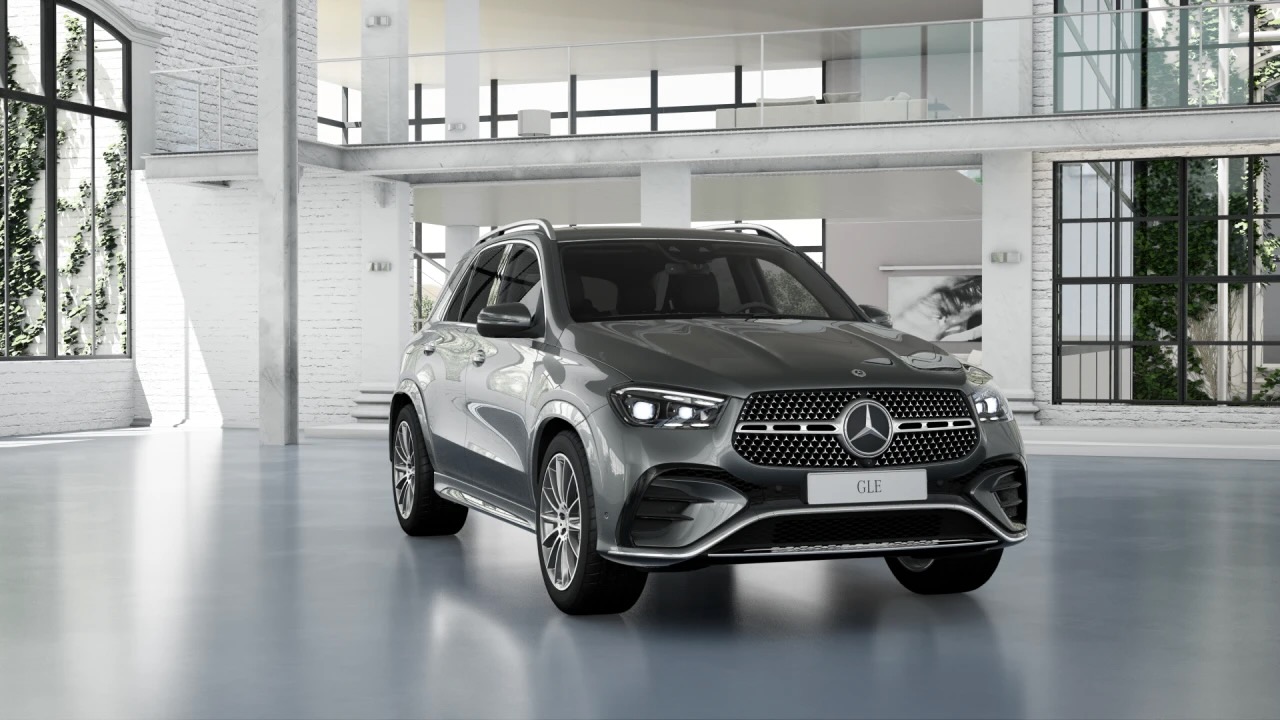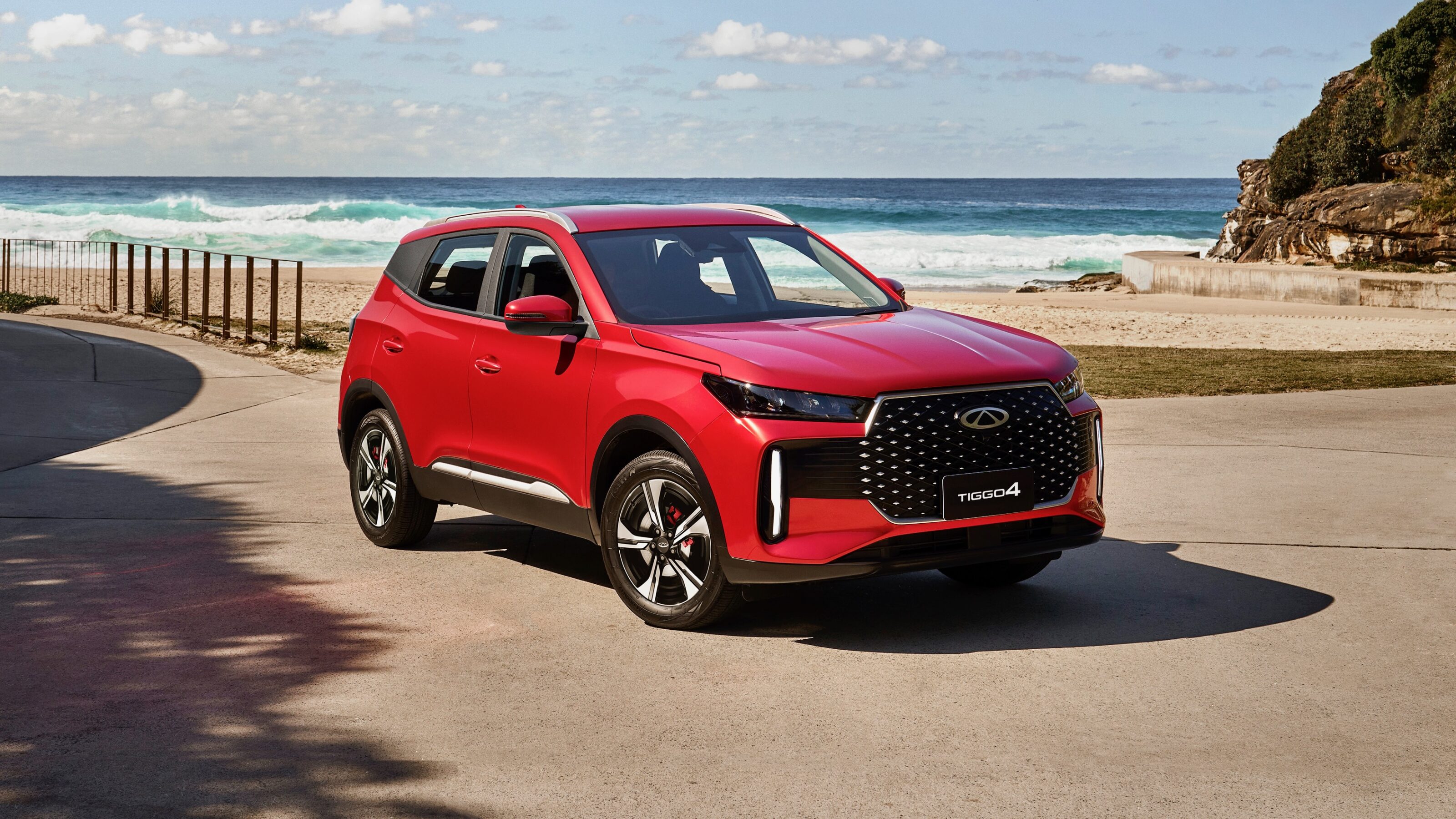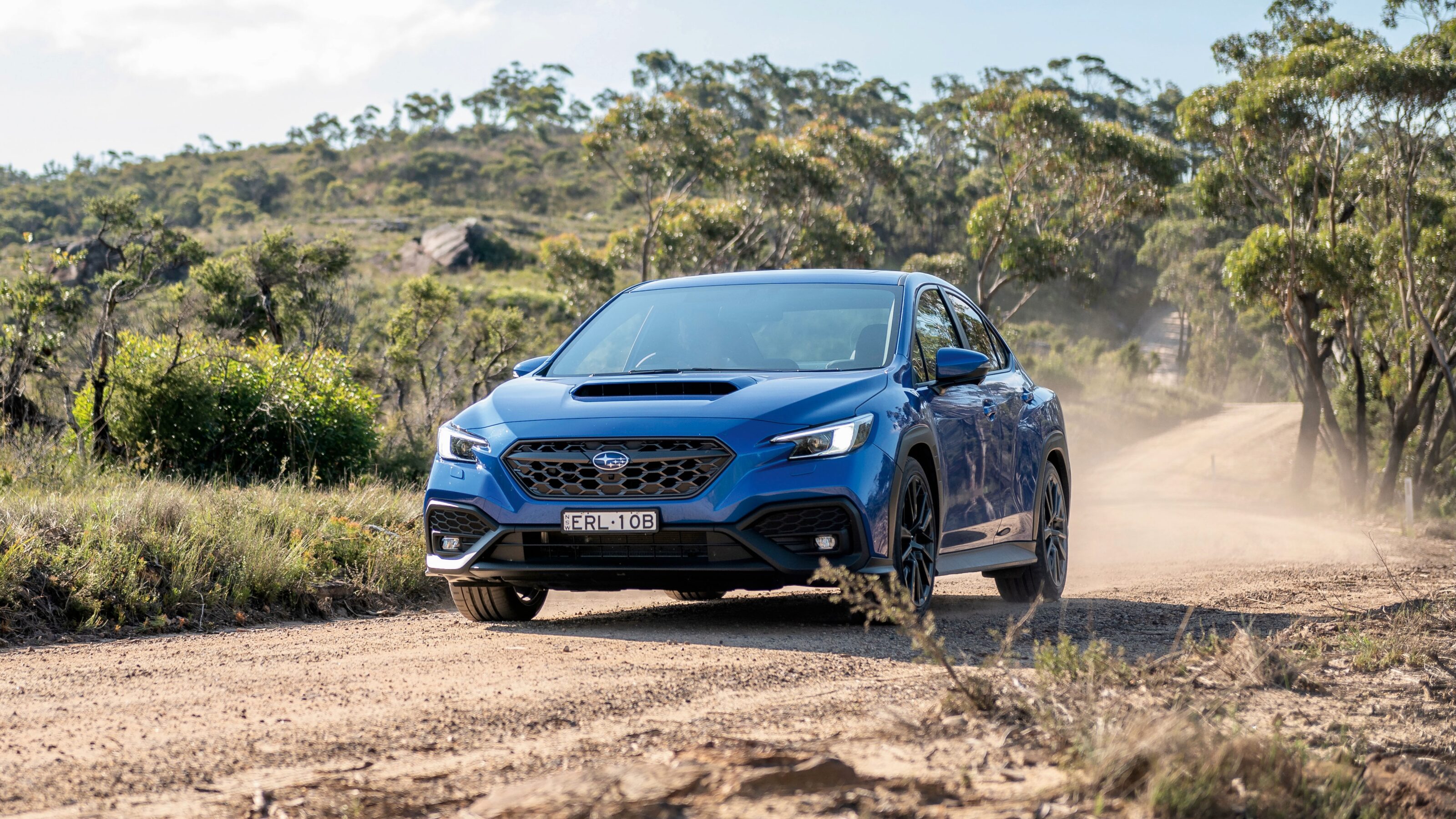It’s clear that Hyundai’s new Kona range is broadly a more expensive thing, with pricing details released last week showing an increase of $1200 at a minimum – and a $5100 jump in the cost of entry for the base model Kona.
There is, however, one model for which we don’t have a price just yet: the battery-powered Kona Electric.
But while the price tag for the flagship Kona is still to be determined ahead of its late-Q4 2023 introduction to the Australian market, the general upward thrust of Kona pricing suggests it will arrive somewhere above the $64,000 RRP of the previous-generation Kona Electric.
From Hyundai Australia’s perspective, it’s entirely uninterested in fighting its Chinese rivals at the lower end of the EV market.
If you were hoping that Hyundai’s next electron-powered small SUV would provide an alternative to the BYD Atto3 and MG ZS (not to mention the sub-$40K BYD Dolphin and MG4), you may be disappointed. Yet from Hyundai Australia’s perspective, it’s entirely uninterested in fighting its Chinese rivals at the lower end of the EV market.
“To think that we’ll have a car that will be competitive with the Chinese in terms of absolute price is not right, because we’ve been there before and we’ve seen what happens to us,” said Hyundai Motor Company Australia chief operating officer John Kett, referencing the days of Hyundai savagely discounting vehicles to wafer-thin margins in order to achieve six-figure sales numbers.
Rather, Kett said that future Hyundais EVs will not only be competitive in their own space, but would deliver on the company’s growing premium image.
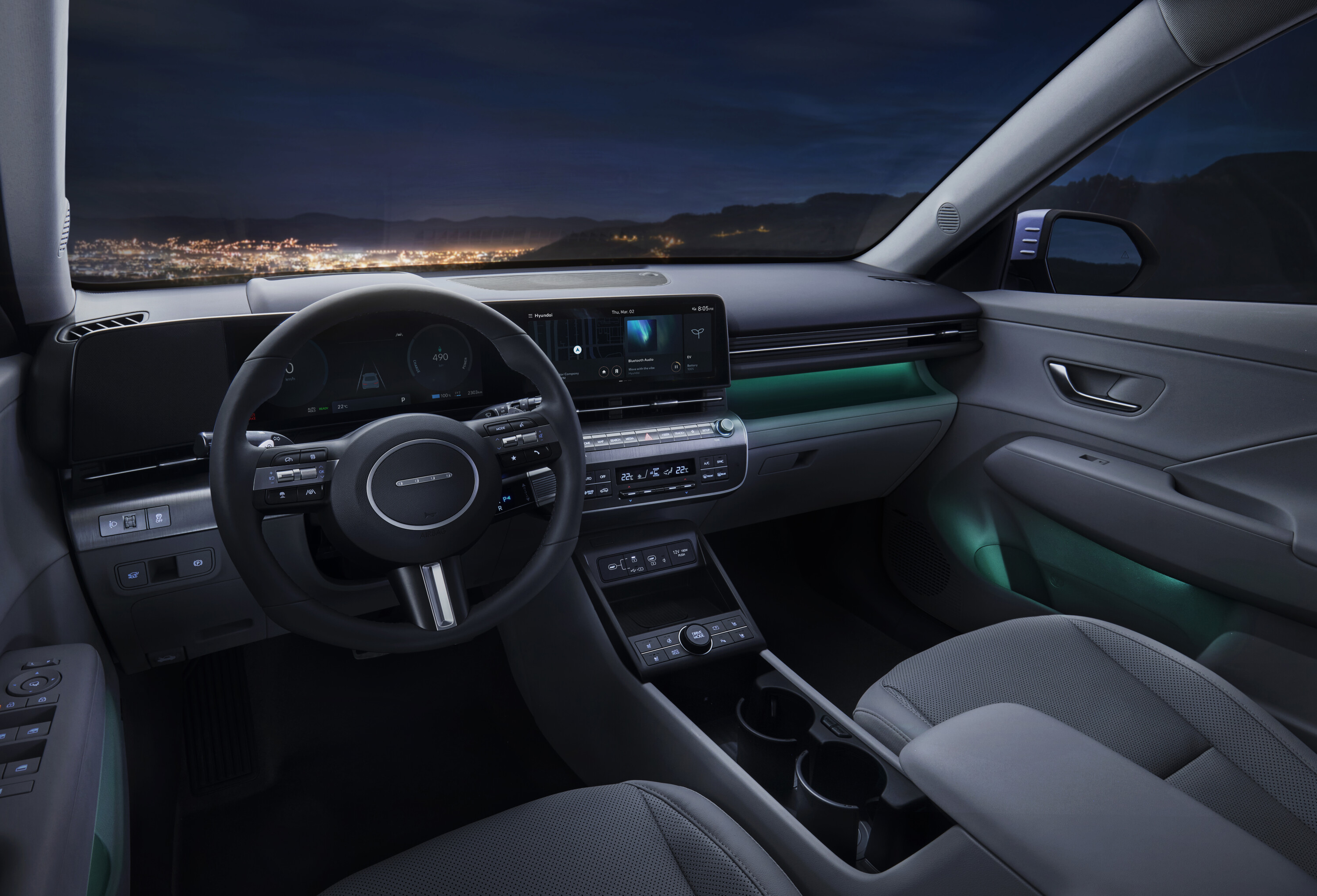
But a bigger force in that area will be the Kona Hybrid.
For older Australians it may seem odd to think that the Korean automaker that built its reputation largely on bargain-bin pricing is now trading on high-end aspirations, but the metrics back Kett up: right now, 63 percent of Hyundai customers are opting for model grades at the Elite, N-Line and Highlander level. Base-model buyers are a minority.
Accordingly, the Kona Electric is likely to be pitched as a Tesla Model Y rival (which, for Australia, is built in China), rather than as an opponent for cheaper Chinese EV product.
It will also play a small part in pushing up the sales numbers of electrified product for Hyundai Australia – a figure which right now is around 5 percent of its year-to-date total – but a bigger force in that area will be the Kona Hybrid.
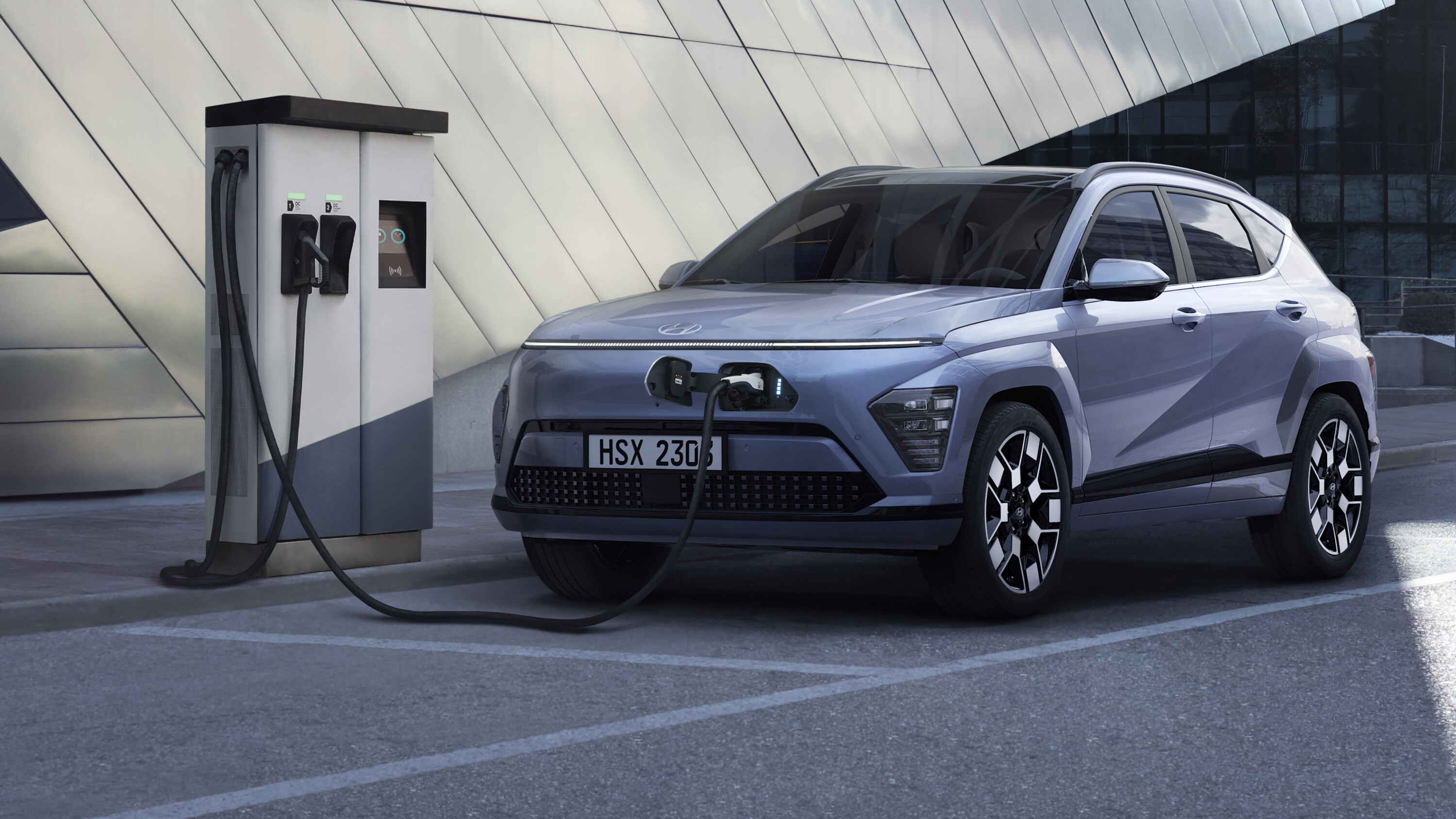
Due here later this year, the Kona Hybrid will be offered in a four-variant range that mirrors that of its combustion cousins, with pricing starting at $36,000 and topping out at $46,500.
Powered by a 77kW/104Nm 1.6 litre four-cylinder and a 32kW/170Nm electric drive motor, the Kona Hybrid makes a combined output of 104kW and 265Nm and sips just 3.9L/100km on the combined cycle – a competitive number against the 4.3L/100km of its main rival, the Toyota Corolla Cross.
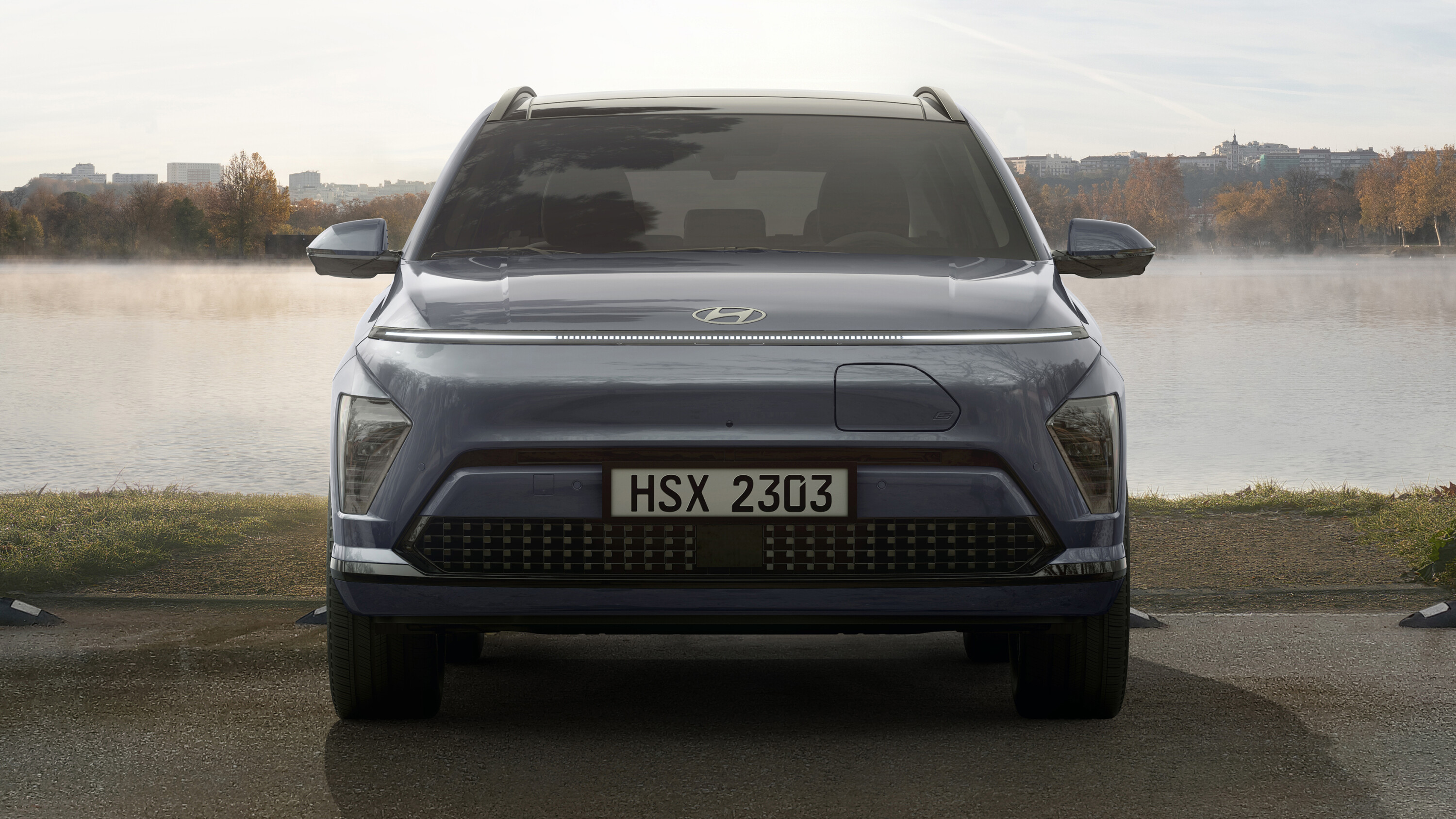
The Kona Electric may not be as cheap – or even as small – as Hyundai EVs will get.
The Hyundai Casper, a pint-sized city car primarily aimed at the Korean and Indian markets, is rumoured to have a battery-powered variant on the way, and it’s thought to have a strong chance of coming to Australia.
Will it dip beneath the current title-holder of “Australia’s cheapest EV”, the $38,890 BYD Dolphin?
We’ll have to wait until sometime next year at the earliest to find out, but if the sentiment from Hyundai’s bigwigs are any indication, it’s clear that chasing bottom-dollar is not a competition they’re keen on winning.
More EV stories to help you choose the best car for your needs
- ? EV news, reviews, advice & guides
- ❓ Short & sweet: Your EV questions answered
- ⚡ New EVs: Everything coming to Australia
- ? Australia’s EVs with the longest driving range
- ⚖️ Best-value EVs by driving range
- ? How much do EVs cost in Australia?
- ? How much more expensive are EVs?
- ⚖️ Number crunching: Is it time to switch to an EV?
- ♻ Should you buy a used EV?
- ?️ Are EVs more expensive to insure?
- ? Costs compared: Charging an EV vs fueling a car
- ? EV charging guide
- ? Are there enough EV chargers in Oz?
- ?? EV servicing explained
- ? EV battery types explained
- ? When do EV batteries need replacing?
- ? Hydrogen v EVs: What’s best for Oz?
- ? How sustainable are EVs, really?
MORE advice stories to help you with buying and owning a car
We recommend
-
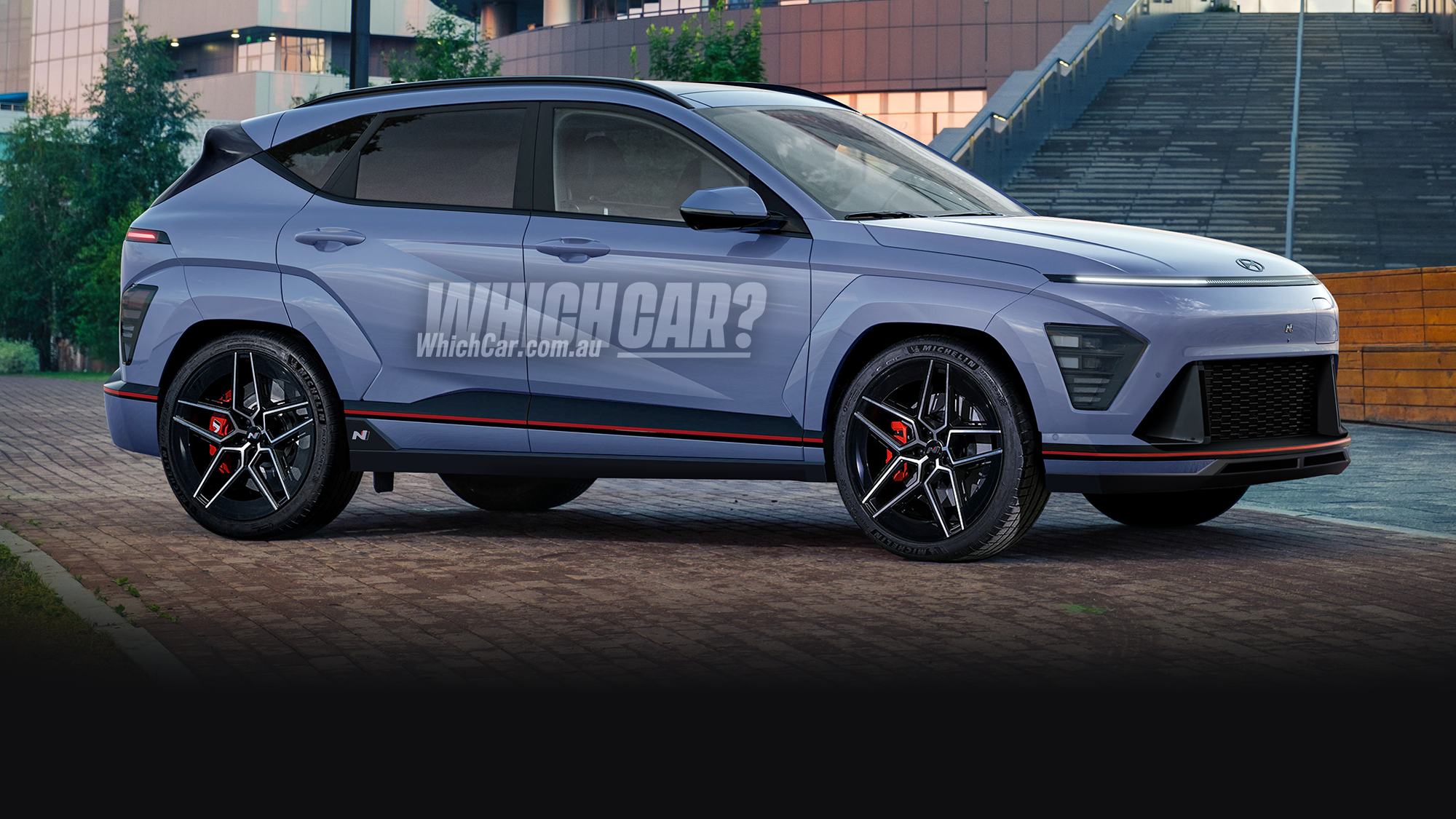 News
News2025 Hyundai Kona N Electric imagined
Now that we've seen the new-gen Kona small SUV in petrol, hybrid and electric form, there's one question still unanswered: What about a hero N model?
-
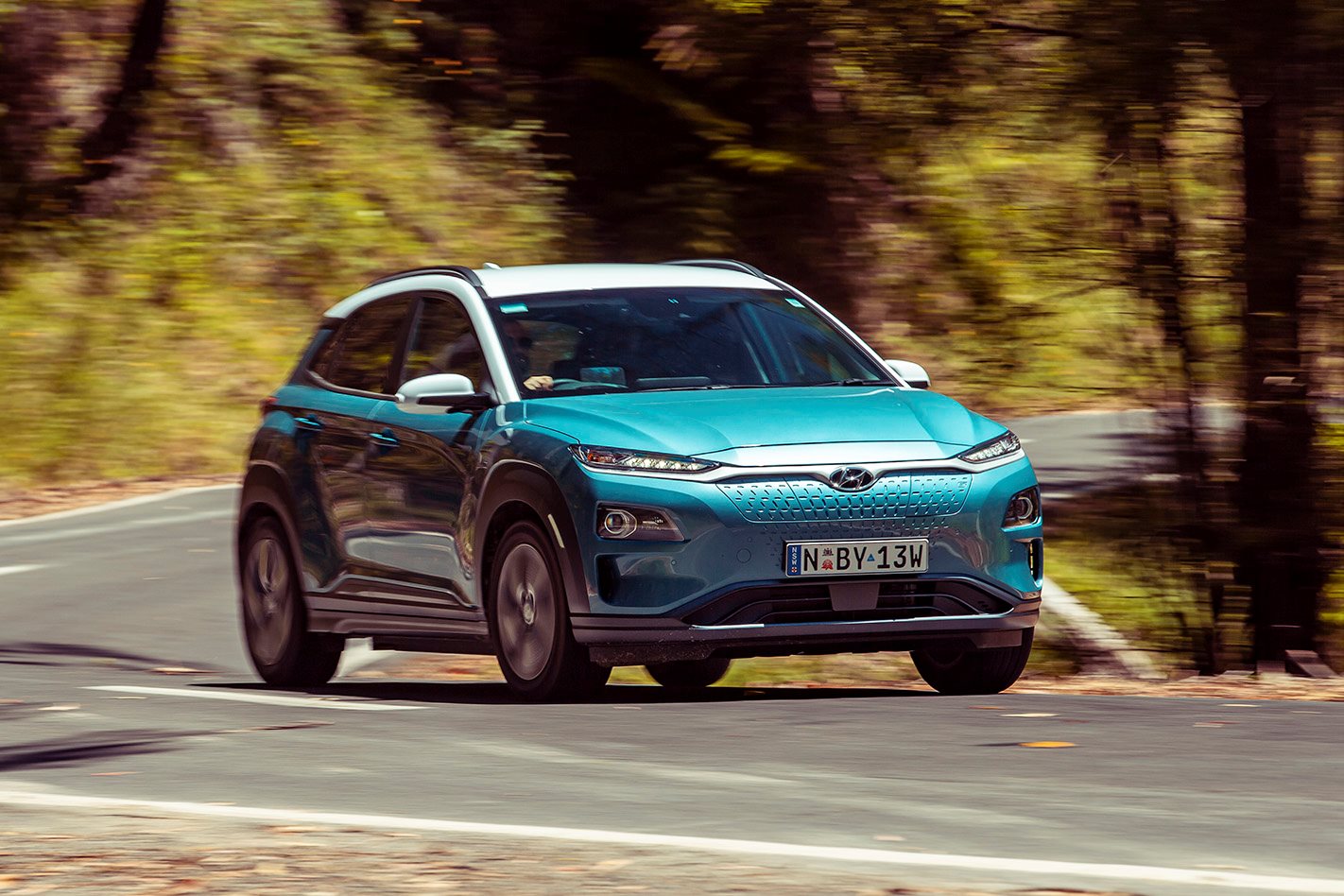 Reviews
Reviews2021 Hyundai Kona Electric Highlander review
We spend quality time with Hyundai's range-topping EV to see if running on battery power alone is worth the price hike
-
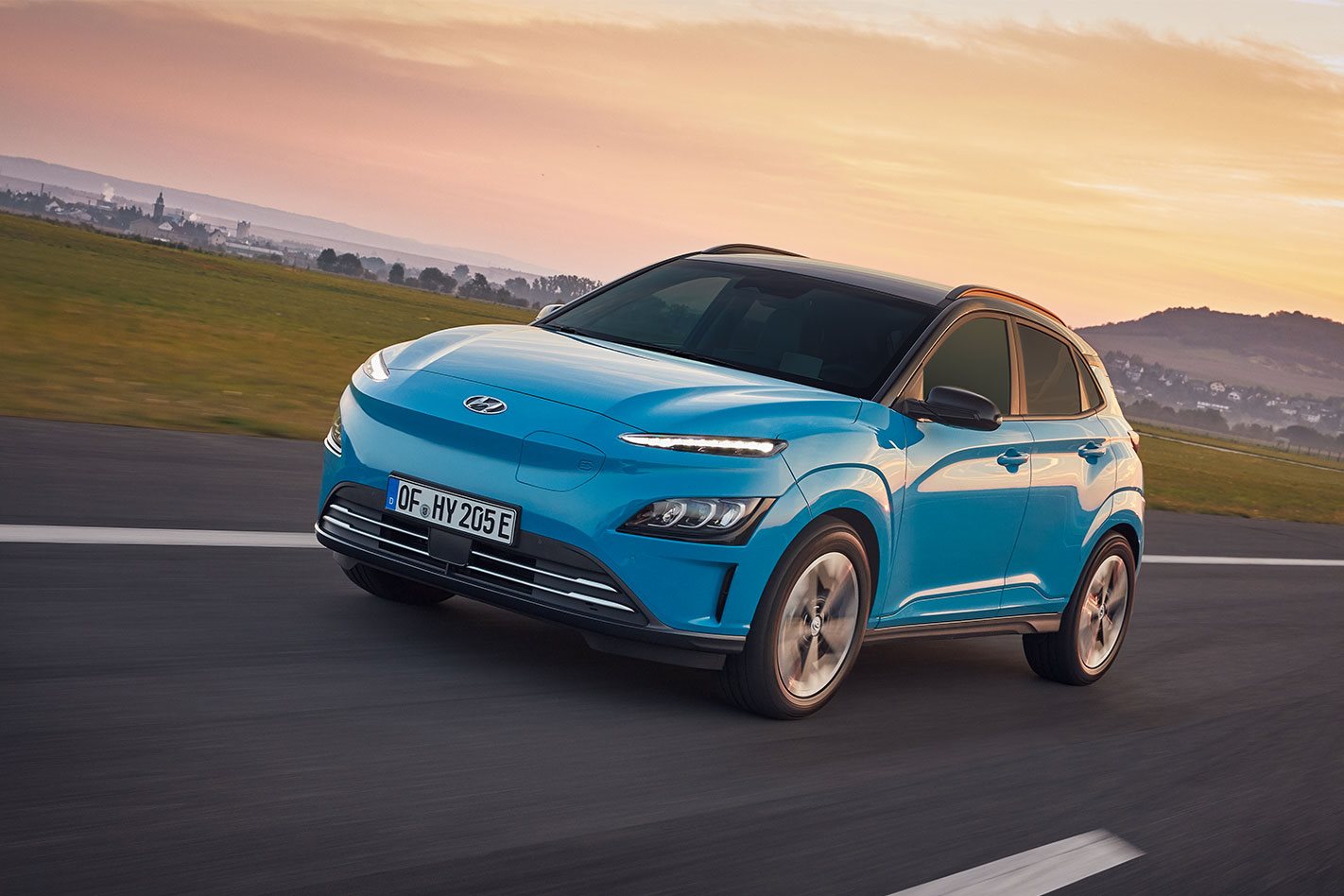 News
News2021 Hyundai Kona Electric pricing and features
Electric-only Kona scores unique styling upgrades to complement more tech and safety

